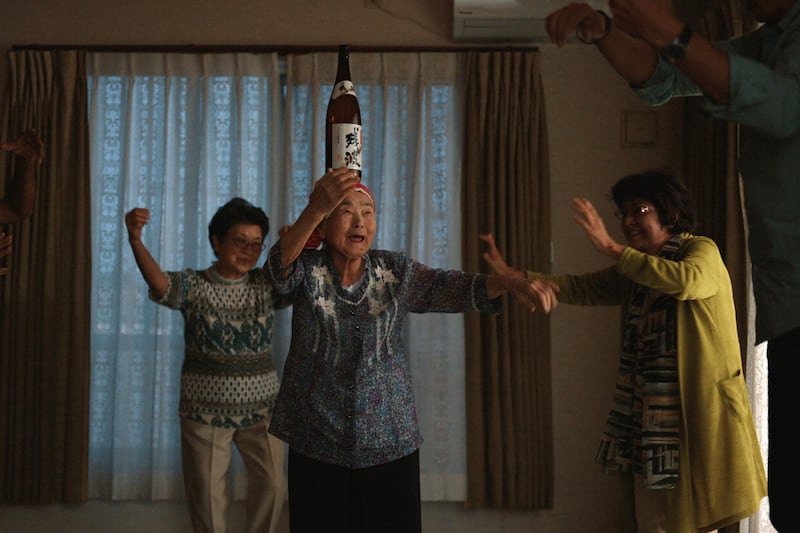Julius Caesar: The Making of a Dictator, BBC 2, Sundays and iPlayer
Budding dictators are somewhat in vogue at the moment.
The West is hoping to stop the autocratic Putin in Ukraine, while we fear the sabre rattling of Xi around Taiwan.
Both are seeking to make capital from the latest war in the Middle East as the hegemony of the US is the least assured it’s been since the ending of the Cold War.
The movie of the moment is Ridley Scott’s epic on the life of Napoleon (an admitted fan of Caesar), where his dictatorial tendencies are emphasised more than the progressive changes he made to French life.
And this new BBC documentary series makes comparisons between Caesar and current “populist” politicians such as Trump.
The Making of a Dictator sees nothing to admire in Caesar. He was an “arrogant gambler” who “wanted to be the greatest man in Rome” at any cost. He was happy to use bribery, intimidation, violence and pacts with criminals to achieve his ends.
Read More: Robbie Williams Netflix review: An addict who can't seem to walk away from fame
Boat Story review – it's a homage to the Coen Brothers that doesn't work
Instead, our hero is Cato. A Roman senator who believed in democracy, self-sacrifice and working for the greater good.
The story starts in 63BC with a 37-year-old Caesar making his first bid for high office in Rome. It’s the first sign of his ambition and to some (he borrowed money to shower the electorate in goods and money) his populism.
As is typical for these kind of programmes, there are an array of impressive academics, but Caesar’s nemesis is former Conservative government minister Rory Stewart.
Stewart is a Cato superfan. I’m not a Roman scholar, but can any man be as perfect as described in this series?

While Caesar is a rogue, a womaniser and wears his toga in a manner to stand out, Cato has “old-fashioned ideals”, leads a simple life and arrives at the Senate “barefoot,” which is surely a similar affectation to Caesar’s.
Stewart labours the comparisons to Trump.

The former US president incited a possible insurrection against a democratic election, but he’s been a distinctly ineffectual one-term president.
Rather than hurting him, you suspect that he’d enjoy Stewart’s comparison to the Roman Empire’s most famous leader.
Nevertheless, The Making of a Dictator is well worth a watch. The dramatisation is a little overwrought, but the talking heads tell the story of one of the most important historical figures with energy, intrigue and conviction.
It’s worth staying to the end of the three hours if you want to improve a shaky grasp of ancient history.
There are other issues worth nothing also.
After Caesar secures himself one of the two most powerful positions in Rome, he heads off on a military campaign he hopes will cement his place as the most popular man in the state.
With his army, he invades Gaul (current day France) where he destroys what the Romans view as the barbarous tribes of the land from northern Italy to the English Channel.
Historian Tom Holland describes it as “genocidal in its intensity”.
“It’s claimed that Caesar slaughtered a million people in Gaul and that he enslaved another million and this to us might seem a monstrous atrocity but to the Romans it’s a demonstration of the capacity for violence and force that upholds the dignitas (dignity) of the Roman name,” says Holland.
It’s a useful reminder that the European powers, before seeking to conquer and colonialise the rest of the world from the 16th century, fought, killed and enslaved each other from when technologies allowed armies to move great distances.
These European struggles for dominance continued until Hitler was defeated and may have restarted with Putin.






